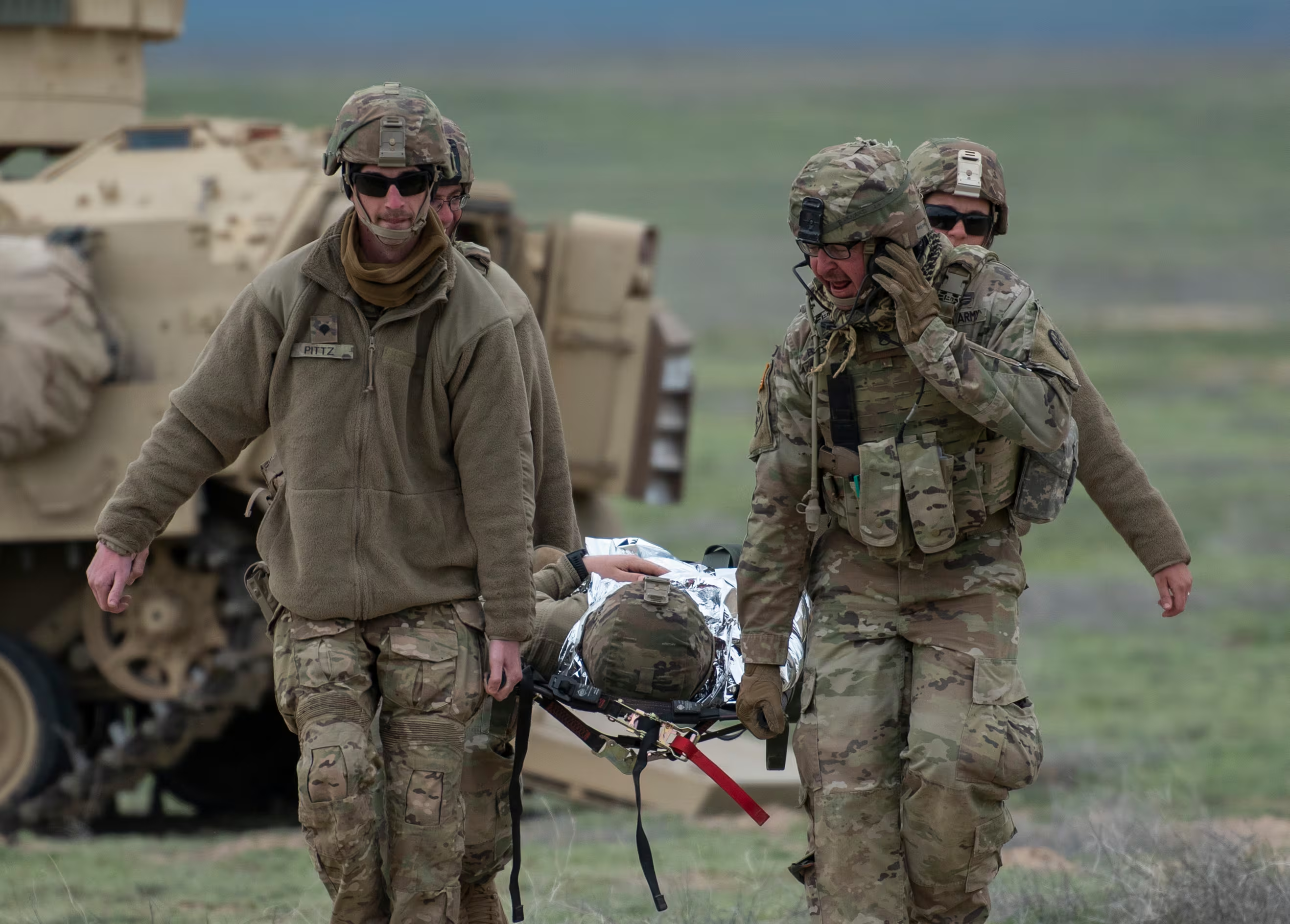Military advocates are pleading with Senate lawmakers to undo planned pay and benefits cuts for troops next year, calling the moves "harmful" and "troubling."
In a letter to Senators on Friday, 27 members of the Military Coalition pushed for the lawmakers to dump provisions in their annual budget drafts that would set the annual pay raise below civilian sector wage growth, trim housing allowance rates, raise pharmacy fees and cut the military commissary subsidy.
"We understand budgets are tight, but by striking these provisions you will send a very strong message of support to the men and women who wear the uniform and their families," the letter states.
Coalition officials estimate that those planned benefits trims and similar proposals enacted over the last two years will cost a married midcareer enlisted service member with two dependents about $5,100 in purchasing power annually. For a midcareer officer, the lost benefits total more than $6,400.
But Pentagon planners have argued the reduced pay raises and benefit adjustments are needed to keep military personnel costs from overwhelming other accounts, especially as lawmakers rein in military spending following years of aggressive growth during wars in Iraq and Afghanistan.
For example, putting the 2016 pay raise at 1.3 percent — a full point below the anticipated private sector wage growth for next year — would save the Defense Department about $4 billion over the next five years, money that could be redirected into training and modernization accounts.
So far, House lawmakers have rejected the Pentagon's planned personnel trims for fiscal 2016 in their defense authorization and appropriations legislation.
The Senate Armed Services Committee has supported the lower pay raise and some of the other benefits changes. The Senate Appropriations Committee will unveil its defense budget plans Tuesday.
Coalition members noted that Congress spent several years in the 2000s working to correct the pay gap and housing cost gap that had grown between troops and their civilian counterparts, thanks to similar past budget moves. They argued the latest budget cuts could lead to a return to those problems.
The coalition — whose members include the Military Officers Association of America, the Veterans of Foreign Wars, and Iraq and Afghanistan Veterans of America — represents more than 5.5 million troops, veterans and their dependents.
Leo covers Congress, Veterans Affairs and the White House for Military Times. He has covered Washington, D.C. since 2004, focusing on military personnel and veterans policies. His work has earned numerous honors, including a 2009 Polk award, a 2010 National Headliner Award, the IAVA Leadership in Journalism award and the VFW News Media award.




